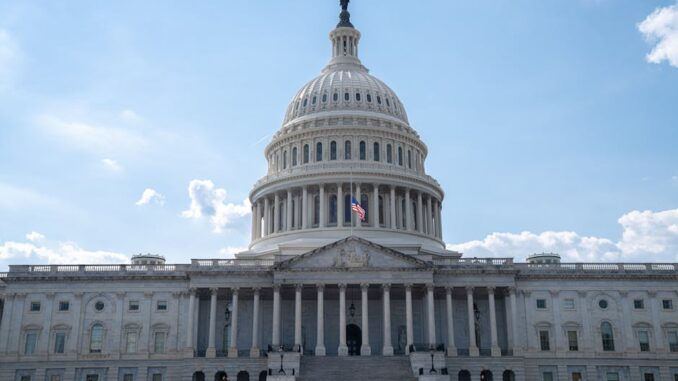
On July 17, 2025, the U.S. House of Representatives passed the GENIUS Act, a landmark bill that establishes a comprehensive regulatory framework for stablecoins. This legislation mandates stringent standards for reserves, audits, and transparency for issuers, aiming to mitigate financial stability risks and protect consumers. The bill now heads to President Donald Trump for signing, marking a significant step in regulating the rapidly expanding digital asset market. (apnews.com)
The GENIUS Act requires stablecoin issuers to maintain full dollar reserves and publish monthly proof-of-reserve disclosures, providing long-awaited legitimacy and oversight for digital dollars like USDC and USDT. This move is expected to enhance market credibility and reduce volatility, fostering mainstream adoption of cryptocurrencies. (reuters.com)
Investor Identification, Introduction, and negotiation.
In addition to the GENIUS Act, the House approved two other crypto-related bills: one to establish a new market structure for cryptocurrencies and another to prevent the Federal Reserve from issuing a digital currency. These measures now await Senate consideration, reflecting a concerted effort by Congress to integrate digital assets into the traditional financial system. (apnews.com)
The market’s reaction has been notably positive. Bitcoin, for instance, has surged from $100,000 to $120,000, fueled by anticipated crypto-friendly legislation, particularly the Digital Asset Market Clarity Act. This act aims to demarcate whether digital assets are commodities or securities, potentially favoring lighter regulation and encouraging institutional investment. (ft.com)
However, the legislative process hasn’t been without challenges. Internal Republican disputes delayed the process, particularly over whether to address the bills separately or collectively, and concerns surrounding a proposal to ban a central bank-issued digital currency. Despite these hurdles, the passage of the GENIUS Act signifies a major victory for the digital asset industry, which has long advocated for clear federal regulations governing crypto markets. (reuters.com)
The GENIUS Act is a key part of House Republicans’ “Crypto Week,” which also considered two other major digital asset bills. The Senate previously passed the bill in June with bipartisan support (68-30). However, passing the bill was complicated by President Trump’s personal investments in cryptocurrency, which raised concerns among some Democrats. This legislation is seen as a foundational move in broader efforts to regulate the growing crypto industry. (axios.com)
In summary, Washington’s recent legislative actions represent a significant step toward integrating digital assets into the U.S. financial system. The passage of the GENIUS Act and other related bills reflects a bipartisan effort to provide regulatory clarity and foster innovation in the cryptocurrency space. As these measures progress through the Senate and await presidential approval, the digital asset industry anticipates a more stable and transparent regulatory environment.


Be the first to comment